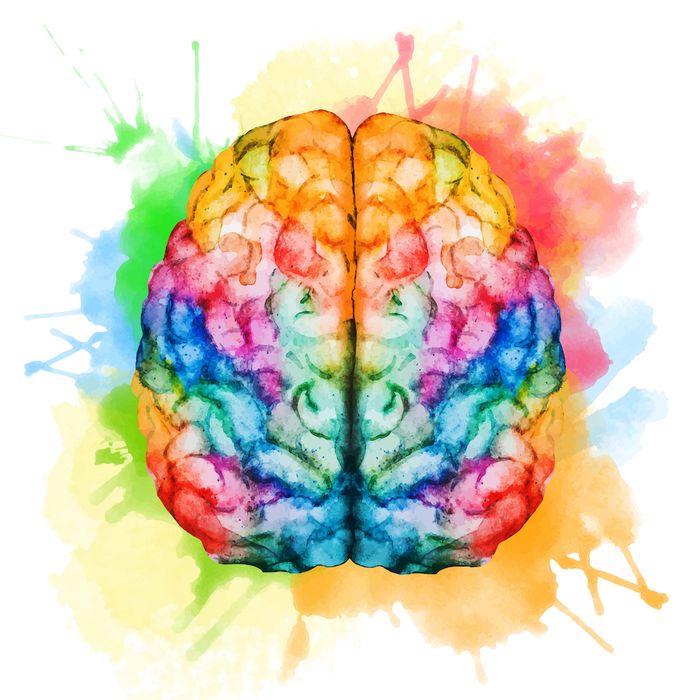Proving Adverse Effect for Children with Cognitive Communication Deficits
Every year a number of children return to the classroom after experiencing an acquired brain injury. As speech-language pathologists, we are tasked with evaluation, determination of appropriate services, and decision-making for treatment goals and objectives for these children. Many of the standardized assessments for school-aged students are not designed to assess the deficits unique to this population. This presentation will discuss how to synthesize the normative data obtained from age-appropriate receptive and expressive language assessments and standard deficits seen in individuals with acquired brain injury which are generally obtained through informal assessment. The synthesis of this data will help you support the need (or lack thereof) for educational speech and language intervention in children with neurogenic communication disorders in both the outpatient and school setting.
Explore Course